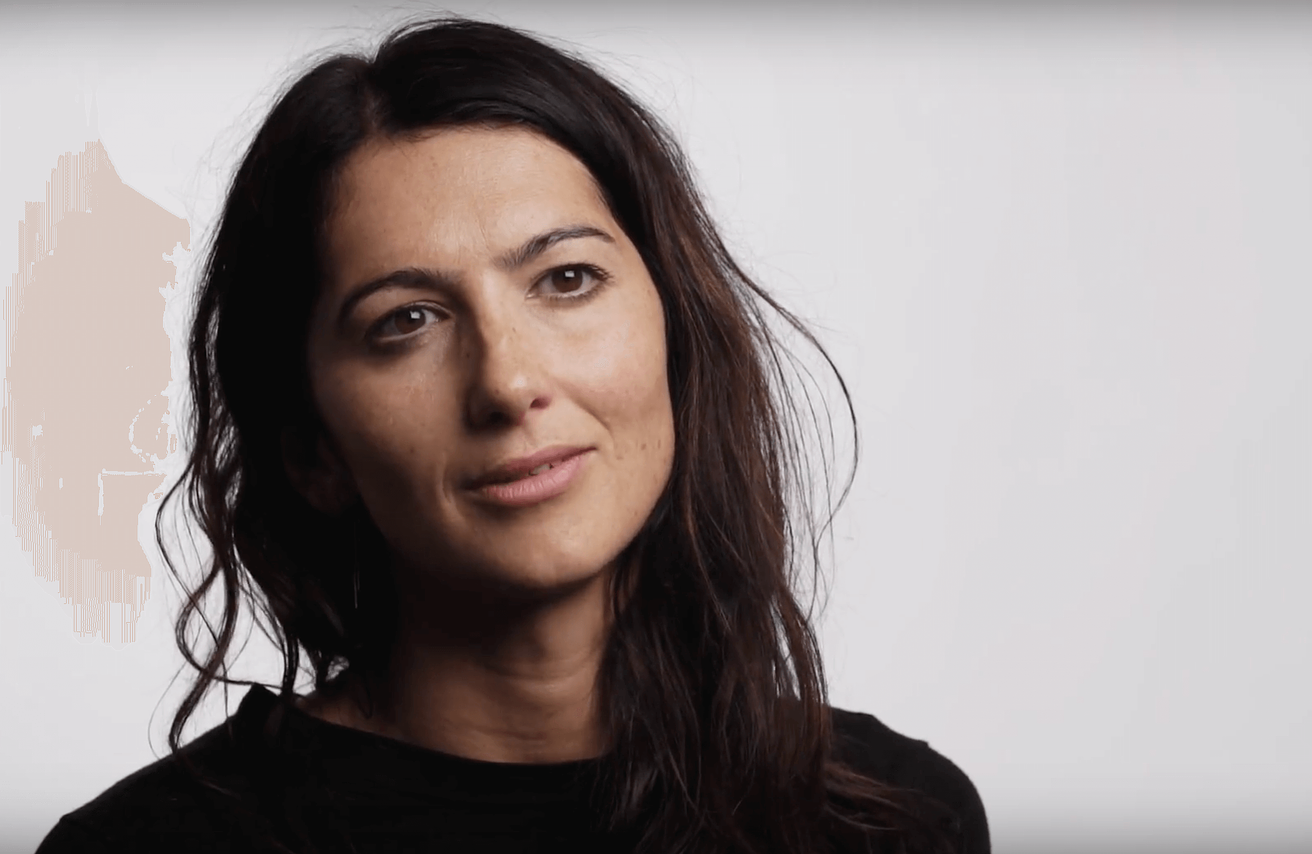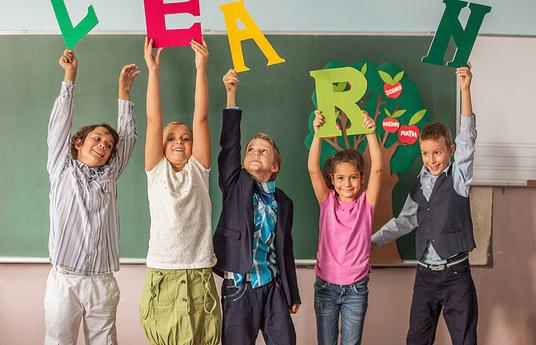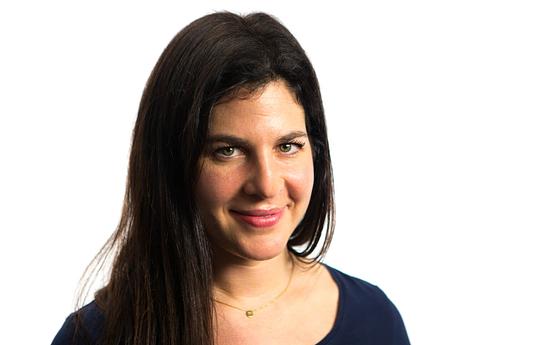Introduction
Frances Corcoran is Publishing Consultant for Amazing People Worldwide, a series that offers unique insight into the achievements and motivations of some of the world’s most inspirational figures, from Leonardo da Vinci to Harriet Tubman, Marie Curie to Albert Einstein. The titles are used in schools and libraries around the world.
Do you feel the current way we’re educating children fully prepares them for the needs of the 21st century?
I don’t feel it does necessarily because everything has become so focused around curriculum. Education is becoming very compartmentalized which is not how life is. I feel one of the major challenges is replicating how students are being educated in school alongside what a student’s experience is going to be when they leave school, so they’re prepared for the real world. It feels to me that this obsession with curriculum is taking that away from students.
It’s all about really opening content up for students. Ultimately the best way for students to learn, I believe, is through shared experience. Digitization can connect students across the UK and across the world – creating opportunities for shared experience and shared stories. At Amazing People Worldwide we look at amazing people from the past and digitization can help to share these amazing stories from the past with our students, and I think that’s one of the most effective ways it can work.
What is the role of the teacher?
I think the role of the teacher is to be a connection point for students with life beyond the classroom. It’s all about the imparting of knowledge, the sharing of inspiration and really helping students understand what their potential is. Everything is becoming so obsessed with curriculum and teachers can play an important role in helping students navigate through the curriculum to learn what they need to go on and be successful people after they leave school.
What do you think the most exciting or effective learning environment would be?
I think one that connects the classroom with the real world and one that connects online with offline. It’s a difficult thing to create but a more immersive real-life experience is how students should be learning and will be learning most effectively.
Do you think standardized testing is the most effective way to judge learning?
I believe standardized testing has a role to play. It’s an effective way for teachers, school boards and students to understand how they’re doing, but standardized testing only shows so much. One of our real strong focuses (at Amazing People Worldwide) is character education, so helping students understand how to be courageous, innovative, brave, focused and to persevere. They are some of the most important skills that a student is going to learn that will serve them through life. It’s those kinds of things that never get measured through standardized testing therefore they get forgotten about a lot of the time.
What role do you think government should play in education?
It shouldn’t be so top-down. In the current climate the government takes a position on curriculum or a particular topic and then in three or four years that changes. It sends teachers, who are already in a very difficult job, into a spin and creates a whole load of extra work. I think actually the government needs to be listening to teachers more and there needs to be collaboration, so that there’s a constructive conversation between teachers and government about how we can help our young people to go on to achieve great things.
Change in my opinion happens down–up, because it’s really about what’s happening on the ground. What’s happening on the ground should inform the guidance and support that’s coming from the top.
In your experience can an innovation that works in one place work in another?
Innovation that works in one place can certainly work in another. I think it needs to be responsive on some level because every school, every learning environment, every learning objective is different but as long as there’s very effective communication happening around that innovation you will see successful replication of learning off the back of that innovation.
What was your favourite moment or experience in your own K12 education?
My favourite moment in my own education was a trip with our biology teacher to an aquarium in the South of England. The reason it was really memorable for me was that we didn’t travel a lot at our school because we had a limited budget and it really got me thinking about what was out there. I just remember that being a really pivotal moment.
I also had an English teacher who inspired my interest in English Language and Literature and he’s been a really big part of the reason I’ve gone on to do what I do today.
The Next 100 Years of Education should… more actively involve our young people and teachers in terms of shaping policy and curriculum.


